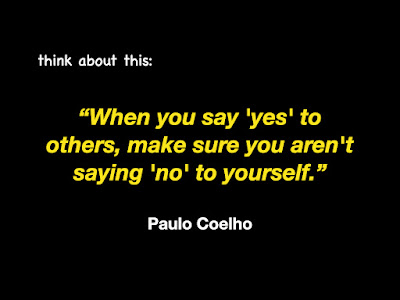This year’s job hesitancy crisis is turning organizational hierarchy’s upside down. Companies are now paying the price for management styles that are out of step with post-pandemic employee expectations. Employees (and job seekers) no longer want to work for autocratic leaders who look out for themselves primarily. That is the opposite of the servant leadership model they value, where managers look out for the goals and well-being of others before thinking about their own. In this model, companies strive to understand and appropriately respond to the perspectives and ideas of their employees, they focus on being engaged with them, and they actively listen to their input. In that environment, managers are genuinely thrilled and proud to have their employees and do whatever is necessary to improve their capabilities and job satisfaction; they help them achieve their career goals. There are 58 million Millennials in the workforce now, 53 million GenXers, 41 million Baby Boomers; and the GenZ kids are turning 18. All of the first and last and a sizable percentage of the other two are closely watching to see if your style matches their current expectations. Much has been made of what the new normal will look like in the future of work: in terms of employee satisfaction and retention, servant leadership and emotional intelligence are at the top of the list of required leadership skills. That’s what it’s going to take to attract, motivate, and retain employees. Tell your employees you’re lucky to have them today.
Jose Antonio Tijerino: President and CEO if the Hispanic Heritage Foundation

























